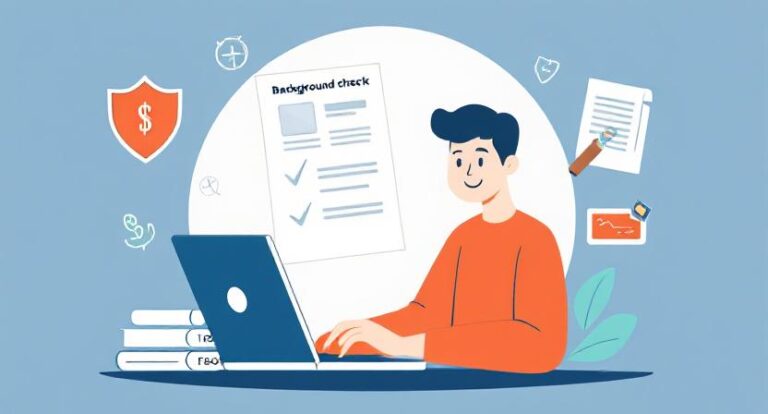Let’s be real: budgeting often feels like a financial diet. You start with big plans, cut everything fun, and end up abandoning the whole thing in frustration. But it doesn’t have to be that way. The truth is, smart budgeting isn’t about cutting every joy out of your life—it’s about prioritizing what matters, trimming what doesn’t, and building habits that help your money stretch further than you thought possible.
In this guide, we’ll share 10 practical, real-life budgeting hacks to help you save money consistently without feeling restricted. These aren’t gimmicks or unrealistic goals. These are tried-and-true strategies real people use to get ahead financially.
1. Start With a Zero-Based Budget
With a zero-based budget, every dollar you earn is assigned a job—whether it’s paying bills, saving, or buying coffee.
Why it works: It eliminates “leftover money” that often disappears without a trace.
Example: If you make $3,000/month, you allocate:
- $1,200 to rent
- $400 to groceries
- $300 to savings
- $200 to fun
- $100 to subscriptions
- And so on—until your income minus expenses equals zero
Pro tip: Use budgeting apps like YNAB (You Need A Budget) or EveryDollar to automate this.
2. Use the 50/30/20 Rule (or Your Own Ratio)
A great starting point is the classic:
- 50% needs (rent, food, bills)
- 30% wants (entertainment, travel, treats)
- 20% savings/debt repayment
Adjust as needed for your lifestyle. Living in a high-cost area? Your ratio might look more like 60/20/20.
Why it works: It keeps your budget balanced and sustainable.
3. Automate Savings Like a Bill
If you wait until the end of the month to save “whatever’s left,” chances are it’ll be nothing.
Instead: Treat savings like a bill. Automate a transfer on payday to your savings account.
Start small: Even $25/week adds up to $1,300/year.
Bonus tip: Use a high-yield savings account so your money grows quietly in the background.
4. Give Every Dollar a Mission
Don’t just save randomly. Have named accounts: Emergency Fund, Travel Fund, Holiday Gifts, etc.
Why it works: Specific goals make saving feel motivating, not boring.
Tools: Many online banks let you open multiple savings sub-accounts to track each goal.
5. Use Cash-Only for Certain Categories
Overspending on takeout or Target runs? Try the cash envelope method.
- Withdraw a set amount of cash per week (say, $100 for eating out)
- When it’s gone, it’s gone
Why it works: You feel every dollar leave your hand, which naturally curbs spending.
6. Track Small Wins, Not Just Big Goals
Waiting until you save $10,000 feels too far away. Instead, celebrate every $100 milestone.
Example: Create a tracker or savings thermometer for fun visual motivation.
Why it works: Momentum builds confidence and keeps you going.
7. Cancel Subscriptions You Forgot You Had
Audit your accounts every 3-4 months. Look for streaming services, fitness apps, or free trials that became paid ones.
Tip: Use services like Truebill or Rocket Money to identify and cancel unused subscriptions.
Bonus: Call and ask for a discount—many providers offer promotions to keep you as a customer.
8. Plan Your Meals (And Grocery Trips)
Impulse food purchases destroy budgets.
- Plan 3-4 easy meals for the week
- Make a shopping list
- Stick to it!
Why it works: You’ll waste less food, eat healthier, and spend less on dining out.
Pro tip: Build a weekly “use what’s in the fridge” day to avoid throwing money in the trash.
9. Set a No-Spend Challenge (and Make It Fun)
Try a no-spend weekend or even a whole month where you avoid non-essential purchases.
Make it a game: Compete with friends or reward yourself with a free treat (like a beach day).
Why it works: You reset bad spending habits and realize how little you actually need.
10. Budget for Joy (Yes, Really!)
This might be the most important hack: Don’t cut out everything that makes life fun.
Set aside a little “guilt-free” money every month for things you enjoy—coffee dates, a concert, or new books.
Why it works: Budgets only work if you actually want to stick to them. A little joy makes it sustainable.
Final Thoughts: Budgeting Without Burnout
You don’t need to be perfect. You just need to be consistent. Budgeting isn’t about punishment—it’s about freedom. Freedom to spend on what matters, to stop living paycheck to paycheck, and to finally take control of your future.
Start small. Pick 2 or 3 of these hacks to try this month. Adjust as you go. And remember: it’s not about how much you make—it’s about how well you manage what you have.




